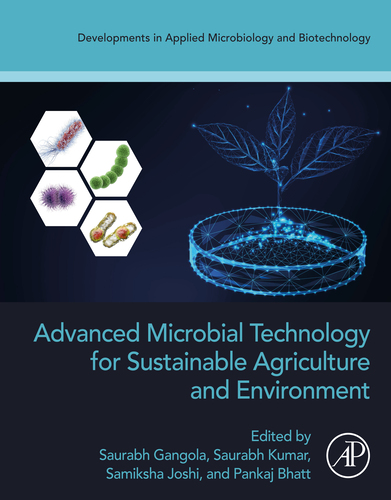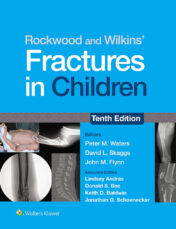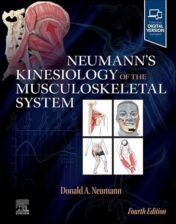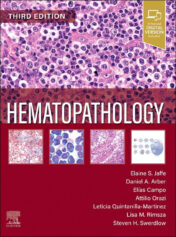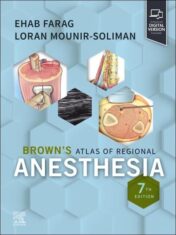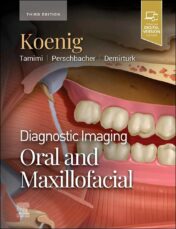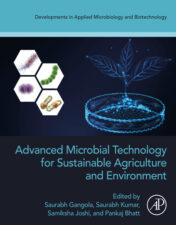With a focus on plant-microbe interactions in relation to bioremediation and plant growth promotion, advanced microbial technology for sustainable agriculture and the environment offers insights on a variety of approaches, including genomics, metagenomics, proteomics, bioinformatics, and other high-throughput analyses of environmentally relevant microorganisms. The potential threat to microbial biodiversity in ecosystems is highlighted by the effects of frequent applications of potentially hazardous chemicals (pesticides and fertilizers) and increased industrialisation processes on microbial diversity. This is a great source for information on current developments in PGPR with the potential for bioremediation and their future.Additionally, it provides a thorough explanation of the genetics of microbial biodegradation and various remediation techniques that support the restoration of the natural environment.
Helps readers discover environmentally friendly and more productive agricultural practices.
the selection and production of suitable PGPR microbial inoculum for bioremediation, biodegradation, and plant growth promotion; and provides a thorough overview of the role of PGPR in bioremediation.
Shows the value of PGPR in the bioremediation of potentially dangerous and relatively novel chemicals while maintaining long-term agricultural output.
discusses novel emerging methods for the PGPR-based biodegradation of hazardous chemicals and emphasizes significant advancements and difficulties in the processes.

